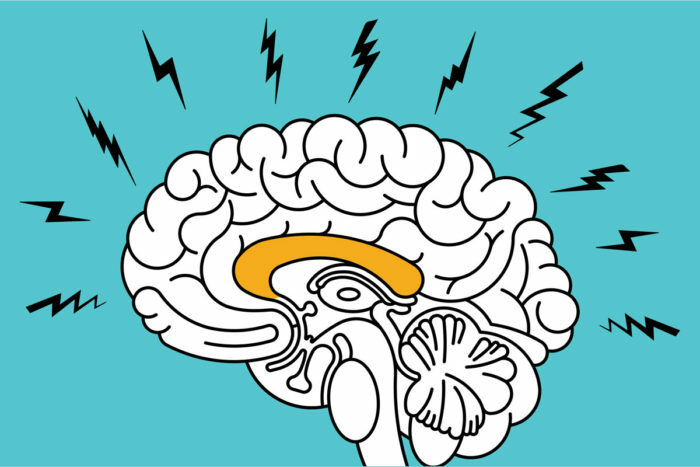
Teen Anxiety: The Basics by Jaclyn Scandinaro
With spring breaks coming to an end and finals right around the corner, teenagers around the world may be feeling some added stress. When faced with stress or fear, our bodies release short bursts of adrenaline which we later recognize as anxiety. Anxiety is a normal and natural response in our bodies. With constant life changes, challenges and lack of emotional regulation skills, the teenage population is faced with anxiety oftentimes more than more often than others adults. Some reading this may remember their experiences with stress and anxiety during this time of their lives. Others may have forgotten about it or have blocked it out. Whether it is a fresh memory or something from the past, the teenage population is experiencing it now and it’s on the rise.
Could my teen have anxiety?
The simple answer is maybe. Recent research shows that over two million teenagers are diagnosed with anxiety disorders. Of those two million, roughly 800,000 also show symptoms of depression, and 66% (1.3m) have turned to abusing substances. Symptoms of anxiety today could look differently than what we’ve experienced in the past. Irritability, sleeplessness and avoidance are a few symptoms family and friends may recognize as signs. Other symptoms, such as a rapid heart beat, dizziness, muscle tension and paranoia, can often go unnoticed.
What is causing anxiety in teens?
Remember when we talked about your experience as a teen? Today we’ve noticed that teens have even more pressure with tests, projects, family roles, maintaining friendships, being liked by others, sports/extra curriculars, peer pressure, exploration of sexuality, thoughts of college, etc. These are all daily stressors that could be magnetized for a teen.
Teens often struggle with handling numerous stressors due to lack of education and understanding around coping skills. They may also believe there is a lack of support and have increased desires of avoidance. Some researchers studying social media mention that instead of acknowledging their current emotional state, our society has inserted social media in its place. This can be another cause of anxiety. Often, we notice teens utilizing social outlets to increase their self-esteem. Once a teen’s post receives a comment or a “like,” it triggers the brain to release dopamine, which makes him or feel good. As the use of social media to regulate continues, dopamine sensors become reliant on the instant gratification of social media, creating a craving for more. The consequences of increase dopamine bursts are that if we do not get the “like” or the “poke” that is now conditioned to expect, our anxiety tends to increase. Increased anxiety around self-esteem is one of the most impactful areas for teens, causing negative self talk and irrational thoughts.
What can I as a parent do from here?
Be aware of your family’s medical history as genetics do play a part. While genetics can not cause your teen to have anxiety, there could be a predisposition. Encourage your teen to talk about their problems, reassure him/her that you can help with whatever crisis he/she may be experiencing (and PROVE IT by remaining calm when they open up.) Ask about her grades. Poor grades could be a sign of an underlying problem, such as anxiety. Lastly, dedicate more one-on-one time with him and be more involved. Learn more about his friends, teachers, school counselors and safety plans that are in place at school.
Hopefully this will encourage you to talk about anxiety with your teen and help identify what symptoms being experienced. Be mindful that she, too, is going through a lot of changes. Listen to him; ask questions; let his time be about him and nothing else. Create a safety plan, if needed. Reach out to your local therapist or school counselor. Provide support. We’ve all been there. Wouldn’t it be nice to know someone is there for you?
Uncomfortable with this topic or having a conversation with your teen?
We are hosting a free psycho-educational workshop for teens and families with teens on April 13th at the Skokie Public Library from 3pm to 4pm. Registration is free and can be found here: https://events.eventzilla.net/e/anxiety-of-a-teenager-2138727940